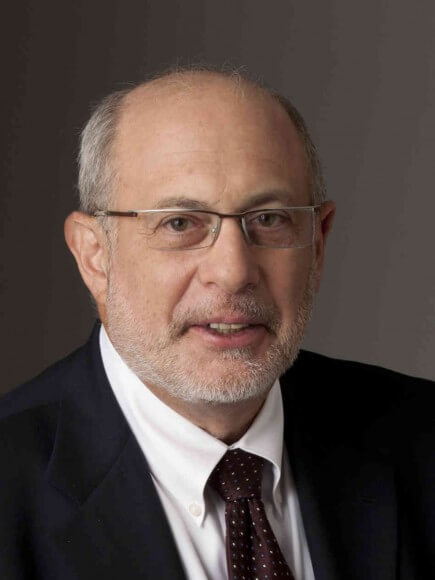
Yesterday National Public Radio’s Robert Siegel did an imaginative piece about how history would have worked out differently in the 20th century if there had been no World War I. And of course, before long he came to Palestine, an Ottoman holding:
SIEGEL: In this counter-historical world, there is no Holocaust. The small Jewish settlement in Palestine continues, but without a flood of refugees it remains a minority community there.
So Siegel is saying that Palestine became majority Jewish because of the flood of Jewish refugees from Europe. This is false. According to Rashid Khalidi’s book, The Iron Cage, even with the flood of Jewish refugees from Europe in the 1930s, “Arabs constituted an absolute majority of the population of Palestine” in 1948. The Jewish population of Palestine was somewhere above 30 percent of the whole, he says.
That changed in 1948. Jewish militias and then the Israeli army carried out ethnic cleansing operations that sent 750,000 Palestinian refugees packing from the new state of Israel. But it is clear from Siegel’s wording that he was not referring to those refugees. After those Palestinians fled or were pushed off their lands, Israel had an overwhelming Jewish majority. It is unclear to me from Khalidi’s book whether Jews also constituted a majority within historical Palestine, though I believe they did.
But to the extent that Jews were the majority inside either set of borders, this was achieved by what Palestinians call the “Nakba”: the catastrophe, the reduction of the great urban populations of Palestinians in Jaffa, Haifa, and Jerusalem, and the destruction of 400-some Palestinian villages. The Palestinian refugee crisis, which is with us to this day.
It is dismaying that NPR continues to echo a false history that, while valorizing the experience of Jewish refugees, obliterates the Palestinian experience.
Thanks to Alex Kane for supplying research.


The whole exercise is pretty silly. Obviously WWI had gigantic effects on what happened later, but we have absolutely no way of knowing what the alternative timelines would have looked like. And there are a virtually unlimited number of alternative timelines.
As for the Nakba denial, I suspect it wasn’t so much denial as an exposure of the fact that it doesn’t even register with him as an event that matters. Obviously the birth of Israel matters to him or he wouldn’t have brought it up as something that would not have happened, but the Palestinians don’t come into his mind except indirectly, as shadowy unnamed people whose existence would keep Jews from being a majority.
On second thought, it is denial. But maybe not conscious denial. In a way, that’s worse.
Old yuppie well-fed Zionist […] ignores impact of Nakba in creating a Jewish majority?
That is definitely Nakba denial. There is no Jewish majority without the Nakba.
Let us not forget Seigel’s hosting one of Israel’s most prominent racists, Avigdor Lieberman. NPR has a long history of serving as one of AIPAC’s many many silent partners among our media owners.
https://mondoweiss.mystagingwebsite.com/2012/12/npr-host-siegel-serves-as-moderator-for-avigdor-lieberman-at-saban-gala.html
Mr. Siegel appears to overlook the fact that anti-Semitism is eternal; that Jews can be truly safe only in a “Jewish State”; and that the creation of Israel was, therefore, inevitable.
Why does Mr. Siegel loathe himself so much that he is willing to overlook these truths? Why does he hate Jews so much?!
Without the flood of Jewish refugees of the 30’s there would not have been sufficient Jewish population to achieve a level where a war between the Palestinian Arabs and the Zionist Jews became inevitable. The expulsion of Arabs (Nakba) was part of the war that was fought. (Not necessarily an inevitable part of that war, but still a part of that war.) There would have been no war (no pressure to kick out the Brits after WWII) unless a certainly threshold of Jewish population was reached, even if that number by itself would not have constituted a majority.